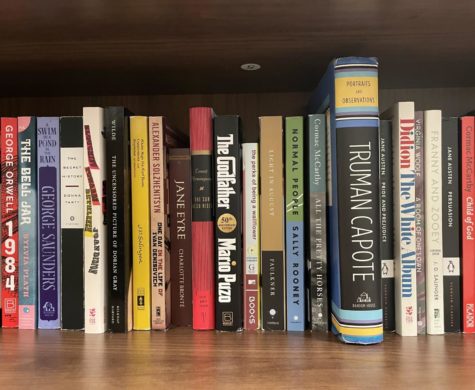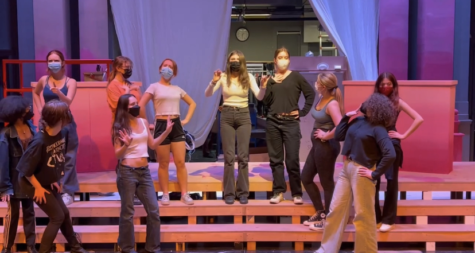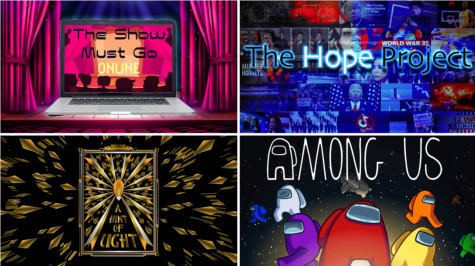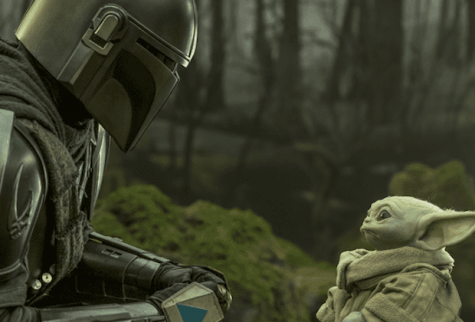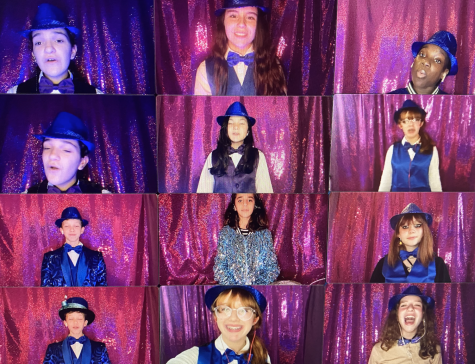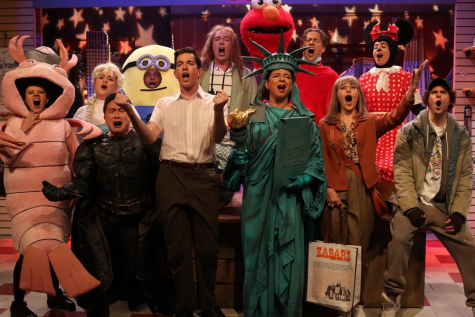My Anaconda Wants Feminism
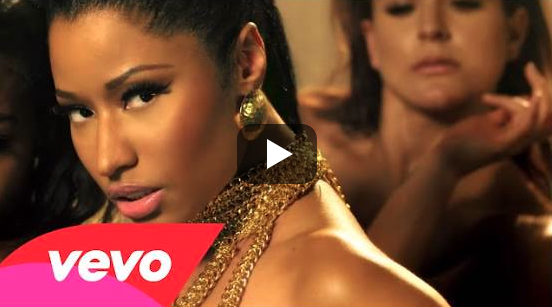
My anaconda don’t, my anaconda don’t, my anaconda don’t want none unless you appreciate your body and embrace your sexuality!
“Anaconda”, by Nicki Minaj, peaked at #2 on Billboard Hot 100 when it came out, and now it hovers around #11. The music video, set in a steamy jungle, has over 270 million views on YouTube. Although the colorful backdrops and juicy fruit pop out at you, the focus of the video – Nicki Minaj’s curvaceous body – is easy to spot and has people talking. Both the song and its music video have received huge amounts of criticism for being overtly sexual – yet the eroticism in the video is the epitome of the brand of feminism Minaj exudes.
Minaj is a woman in a primarily male genre of music; she is a female rapper. This in itself is pretty solid proof that Minaj is a feminist, outspoken or not. In almost any community dominated by one gender, it is difficult for members of the opposite gender to gain membership or status. Minaj’s outstanding success as a rapper demonstrates a ceaseless willpower and a strong belief that she is the equal to any man. As a female rapper, she has broken boundaries with her blatant sexuality and unapologetic self respect and pride.
The lyrics of “Anaconda” empower women to express their sexuality, protesting the fact that female sexuality is taboo (to the point that in movies, a depiction of a male orgasm is rated “PG-13”, while the depiction of a female orgasm is rated “R”), while a man’s virility is glamorized and generally considered an attractive quality. Across the board in modern pop culture, female eroticism is portrayed as the object of men’s desire. Minaj expresses an awareness of this double standard, and is aware of the implications Anaconda’s music video must have: “I’m chopping up the banana. Did you realize that?,” Minaj asks in an interview with MTV, “At first I’m being sexual with the banana, and then it’s like, ‘Ha-ha, no’. That was important for us to show in the kitchen scene, because it’s always about the female taking back the power, and if you want to be flirty and funny, that’s fine, but always keeping the power and the control in everything”. Nicki Minaj makes it clear that her sexuality, while perhaps the object of a man’s desire, is entirely her own, and is hers to give or deny to a man. The song emphasizes Minaj’s pride in her own body, despite the fact that it is not representative of ridiculous ideals of thinness that have been imposed on girls and society. Minaj provides herself as a role model for girls who do not fit body ideals any more than she does.
Many claim that the video, which is undeniably highly sexualized, undermines the premise of the song. They argue that in her video, she objectifies herself and compromises the message present in her lyrics. Sophie Kleeman of Music.Mic writes, “Instead of using her position to bring something new to the table and expand the conversation [about women’s body images in current music], Minaj simply reverts to the hypersexualization of women and their bodies”. Her eroticism is included for shock value and to attract male viewership. The opposing idea is that the expression of desire in Minaj’s videos is just that, an expression of desire. It is Minaj presenting her own carnality, rather than allowing herself to be simply an object of desire. Some saw her dancing around Drake as degrading and self-objectifying. However, while Minaj may be an object of desire in this scene, this is the byproduct of a statement of what is irrefutably Minaj’s own sexuality.
The undertones of feminism and the empowerment of women is in part what makes Minaj such an important and successful artist, as is her pride in and respect for her body. Her shameless presence among men as someone who is willing to express her own sexuality will ideally open the door for many female artists. Nicki Minaj is probably not the person your mom wants you to look up to, but in many ways she represents a positive role model for teenage girls.

